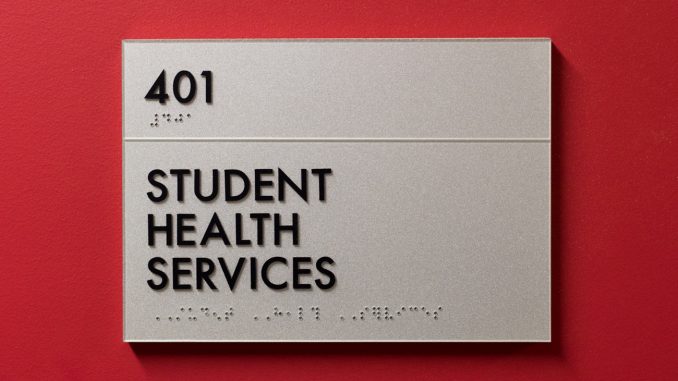
There are 99 cases of Temple-related mumps in Philadelphia and its surrounding counties, the Philadelphia Department of Public Health reported on Monday.
There are 16 confirmed cases, and 83 probable cases since the outbreak began on Feb. 28. Four cases are outside the city, wrote Jim Garrow, the communications director for the department of public health, in an email on Monday. It is unclear the number of people recovered from the mumps because the reported cases is cumulative.
In response to the outbreak, Temple University’s Student and Employee Health Services and the department will hold two on-campus vaccination clinics where students, faculty and staff can receive the Mumps Measles and Rubella vaccine for free upon showing their OWLcards.
The clinics will take place in Mitten Hall’s Great Court on Wednesday, March 27, and Friday, March 29, from 9 a.m. to 4 p.m.
The Center for Disease Control recommends receiving two doses of the MMR vaccine. If you have already received those, it is recommended to receive the third MMR vaccine only if you have been in close contact with someone experiencing symptoms of the mumps.
Mumps is a very contagious viral infection in the nose, mouth and throat with an incubation period of 12 to 25 days. Symptoms, like the swelling of the face and jaw and fever and body aches, typically appear 16 to 18 days after exposure to the virus. Students experiencing symptoms should contact Student and Employee Health Services at StudentHealth@temple.edu.
Someone diagnosed with mumps is contagious two days before symptoms begin, and five days after the onset of symptoms. It is recommended that those presenting symptoms isolate themselves for up to five days to avoid spreading the infection elsewhere.


Be the first to comment